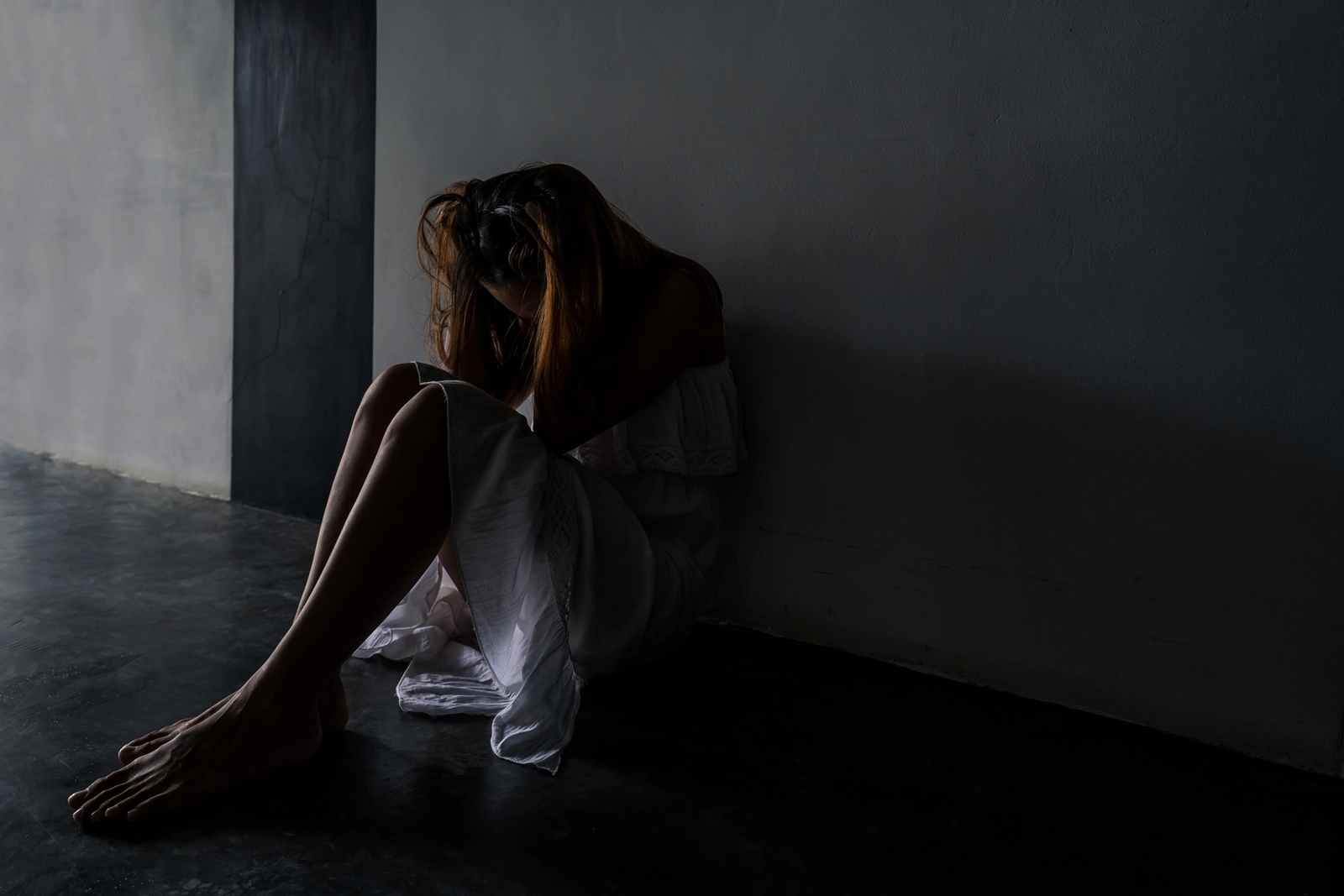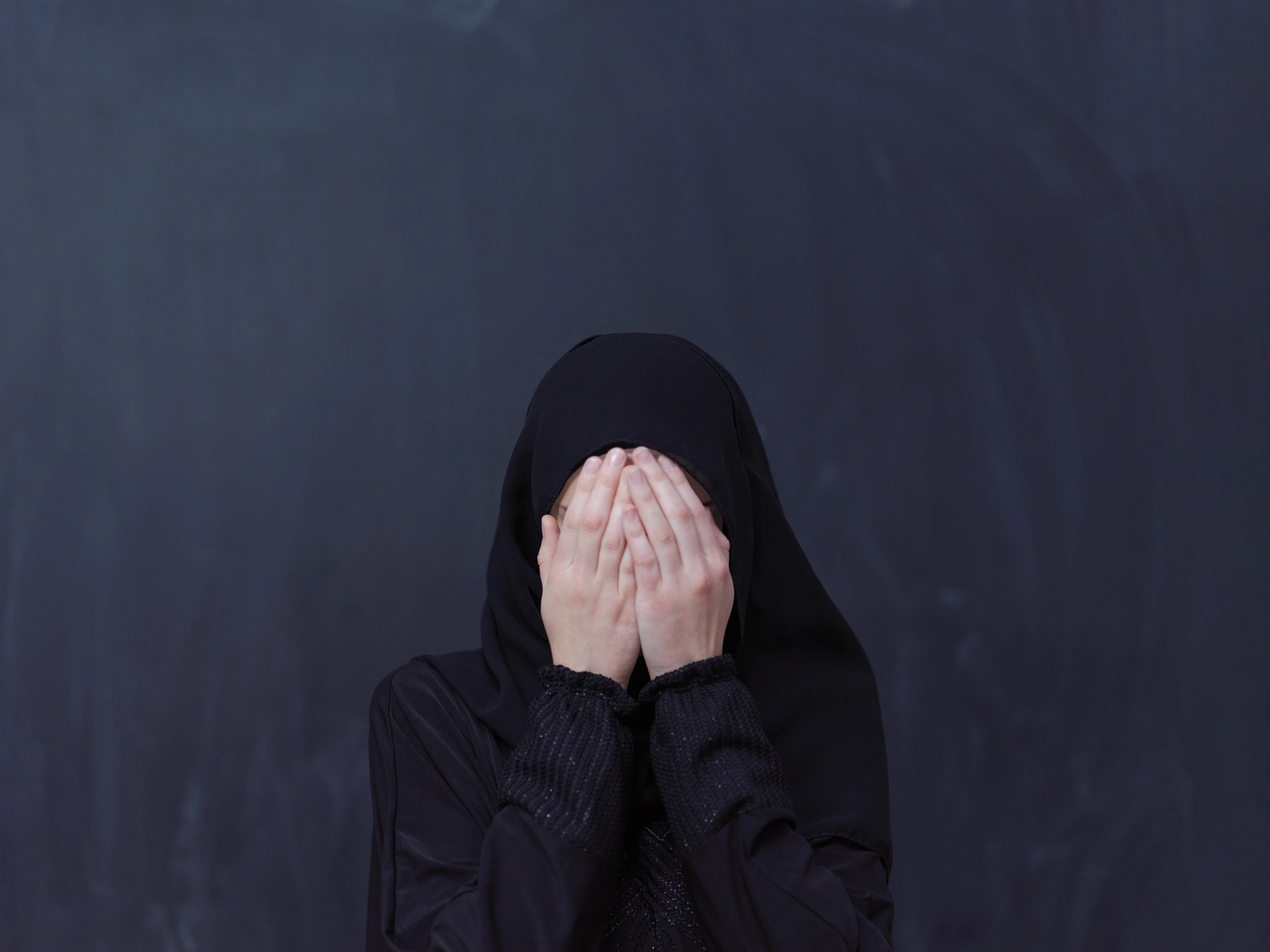Substances | 3 min read
Adverse Effects & Bad Trip Symptoms After Eating Mushrooms
Medically Reviewed By

On July 01, 2025
Written By
On July 1, 2025

What you will learn
- Bad trips can cause various physical and psychological symptoms, including rapid heart rate, paranoia, chills, panic attacks, and extreme fear.
- Bad mushroom trips can occur for a variety of reasons, including high doses, pre-existing mental health conditions, and the presence of other substances.
- Some people experience long-term perceptual disturbances after using psychedelic substances, including hallucinogen persisting perception disorder (HPPD), a condition involving recurrent visual distortions. It is considered a perceptual, not cognitive, disorder.
A bad trip is a colloquial term that refers to a negative experience as a result of ingesting psychedelic drugs such as psychedelic mushrooms, sometimes referred to as magic mushrooms or shrooms. A bad shroom trip is similar to a bad trip from lysergic acid diethylamide (LSD).
Symptoms of a bad trip can vary but might include extreme fear, anxiety, and panic attacks. In some cases, a person might experience long-term mental health effects after having a bad mushroom trip.
What Causes A Bad Trip?
Magic mushrooms can incite feelings of euphoria, which is why some people use them recreationally. This is not everyone’s experience, though. In many cases, people report having extremely negative experiences, commonly known as bad trips. There’s more than one reason a person can have a bad trip after eating mushrooms. Some examples include:[1]
- The Dose: A higher dose can lead to more challenging experiences. Dried mushrooms tend to be much more potent than fresh mushrooms.
- Mental Health Conditions: A person with an existing mental health condition, such as anxiety or depression, may be more likely to have a bad trip. Feelings of anxiety, anger, or sadness before taking psilocybin mushrooms could also predict a bad trip.
- Gender: Females may be more likely to have negative experiences with shrooms than men.
- Mixing Substances: Using psychedelic mushrooms alongside other drugs such as alcohol, cannabis, or benzodiazepines can cause bad trips.
- Environment: Feelings of isolation during a trip can be heightened if the individual feels alone or unsupported during the trip. The presence of a trusted friend or loved one may decrease the risk of a bad trip.
Disclaimer: It’s not known exactly what causes a bad trip. Some of the factors listed above, such as gender, may be beyond the person’s control. The only way to avoid a bad trip entirely is to avoid psychedelic mushrooms.
What Does A Bad Trip Look Like? Signs and Symptoms
If someone is having a bad trip, they might appear to be in extreme emotional distress. Many of the symptoms of a bad trip are internalized, but there may be external signs and symptoms as well. Individuals experiencing a bad trip may appear anxious, frightened, or even panicked. Bad trip symptoms can vary, but may include: [2]
- Shaking
- Increased heart rate
- High blood pressure
- Chills
- Nausea
- Vomiting
- Dizziness
What Does A Bad Trip Feel Like?
Many people experiencing a bad trip on shrooms experience emotional distress. Some people feel like they’re floating outside of their bodies. They may lose all sense of time or feel as though time is frozen. In some cases, a person having a bad trip might experience dissociation and/or depersonalization.
This might mean they feel like they’re not real or that they’re losing their sense of self. This can result in extreme fear, anxiety, paranoia, and panic attacks. Other experiences during a bad trip may include: [3]
- Extreme fear
- Confusion
- Panic
- Anxiety
- Paranoia
- Hallucinations
How Long Does A Bad Trip Last?
A bad trip from psilocybin mushrooms typically lasts 4 to 8 hours, corresponding with the duration of the drug’s psychoactive effects, though emotional aftereffects may persist longer. After having a bad trip on psychoactive substances, some people suffer side effects for months or even years. These extended effects could include: [4]
- Flashbacks
- Emotional distress
- Depressive reactions
- Paranoia
- Persistent psychosis
- Re-experiencing the bad trip
- Hallucinogen Persisting Perception Disorder (HPPD)
Avoiding Bad Trips
Perhaps the best way to avoid bad trips is to avoid the use of psychedelics altogether. Though some people report mind-opening or spiritual experiences, the risk of experiencing long-term effects of a bad trip is just too great.
Frequently Asked Questions About Bad Mushroom Trips
Medical terms for a bad trip include psychedelic crisis and acute intoxication from hallucinogens.
To help someone experiencing a bad trip, get them to a safe place and try to calm them down. Reassure them by letting them know that the experience is temporary and will pass. If the person poses a danger to themselves or others, call 911 or seek medical attention.
Many things can go wrong with LSD and other hallucinogens, like psychedelic mushrooms. This includes bad trips, long-term disorders like HPPD, injuries, and accidents.
Hallucinogens are psychedelic drugs that can cause significant shifts in a person’s perceptions and may cause hallucinations. Examples of hallucinogens include psilocybin and LSD.
Psilocybin, the active ingredient in magic mushrooms, is categorized by the Drug Enforcement Administration (DEA) as a Schedule I controlled substance. Using illegal substances for recreational purposes is legally prohibited and may constitute substance misuse, though the term “substance abuse” is now largely replaced in clinical use by “substance use disorder” to reduce stigma. People who use magic mushrooms could face legal consequences.
Recently, there has been a surge in medical research devoted to the potential benefits of psychedelic substances like psilocybin mushrooms. Some preliminary studies suggest that psilocybin therapies could relieve anxiety in some patients. More research is needed to confirm these results, however. Currently, psychedelics remain illegal and have been associated with negative effects, both short-term and long-term.
Psilocybin mushrooms are not considered physically addictive, and the risk of psychological dependence is low, especially compared to substances like opioids or benzodiazepines.
Ascendant New York Editorial Guidelines
Here at Ascendant New York, we understand the importance of having access to accurate medical information you can trust, especially when you or a loved one is suffering from addiction. Find out more on our policy.
[1][2] Evans, J., Robinson, O. C., Argyri, E. K., Suseelan, S., Murphy-Beiner, A., McAlpine, R., Luke, D., Michelle, K., & Prideaux, E. (2023). Extended difficulties following the use of psychedelic drugs: A mixed methods study. PloS one, 18(10), e0293349. https://pmc.ncbi.nlm.nih.gov/articles/PMC10597511/
[3] U.S. Department of Health and Human Services. (n.d.). Psilocybin for mental health and addiction: What you need to know. National Center for Complementary and Integrative Health. https://www.nccih.nih.gov/health/psilocybin-for-mental-health-and-addiction-what-you-need-to-know
[4] Kopra, E. I., Ferris, J. A., Winstock, A. R., Young, A. H., & Rucker, J. J. (2022). Adverse experiences resulting in emergency medical treatment seeking following the use of magic mushrooms. Journal of psychopharmacology (Oxford, England), 36(8), 965–973. https://pmc.ncbi.nlm.nih.gov/articles/PMC9353971/




